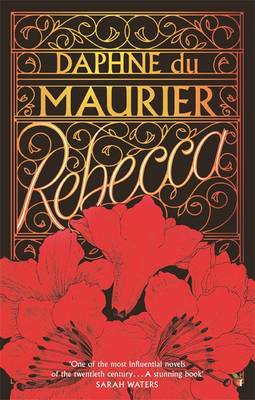Author: Lewis Carroll
Publisher: Macmillan
Release date: 2015 (first published 1871)
Pages: 245
*Well then, the books are something like our books, only the words go the wrong way; I know that because I've held up one of our books to the glass, and then they hold up one in the other room.*
_________________________________
_________________________________
Alice's second adventure takes her through the looking-glass to place even curiouser than Wonderland. She finds herself caught up in the great looking-glass chess game and sets off to become a queen. It isn't as easy as she expects: at every step she is hindered by nonsense characters who crop up and insist on reciting poems. Some of these poems, such as "The Walrus and the Carpenter" and "Jabberwocky", are as famous as the Alice stories themselves.
_________________________________
*'To answer the door?' he said. 'What's it been asking of?'*
After rather enjoying Alice’s Adventures in Wonderland, I decided to try reading Through the looking glass (and what Alice found there). I was delighted to discover a book containing all the aspects I had liked in the first one, and fewer parts I found less interesting.
Although the basic idea and the style are the same, I found that fewer similarities than I had expected between the two books. Alice is still the main character and I thought she had not changed at all in the first few pages. However, as soon as she is on the other side of the looking glass, she behaves in a less childish way. Instead of sometimes being annoying or self-important, as well as very argumentative, she is merely curious… which is what most children are. She has obviously grown up – literally or not – since her adventures in the rabbit hole.
Looking glass world is also very different from Wonderland. Although some traits of absurd remain, it is easier to have a general idea of what is going on, which I personally enjoyed. The animals and creatures, although present, are less important; conversely, the author pays much more attention to the landscape and the different places Alice visits. I was enchanted by all the details and the musicality of the writing style, which is once again a great strength of the novel.
Some readers might be disappointed not to find the Cheshire cat or the Mad hatter, who have become symbols of Alice’s adventures, but Looking Glass world is definitely worth discovering too. This book is maybe less typical of Lewis Carroll than the first one, but it still contains all the ingredients of the absurd genre, as well as characters and landscape that will make the reader travel far away. The style is easy to read and elegant and will probably please all readers, even those who are not convinced about nonsense literature.
_________________________________


